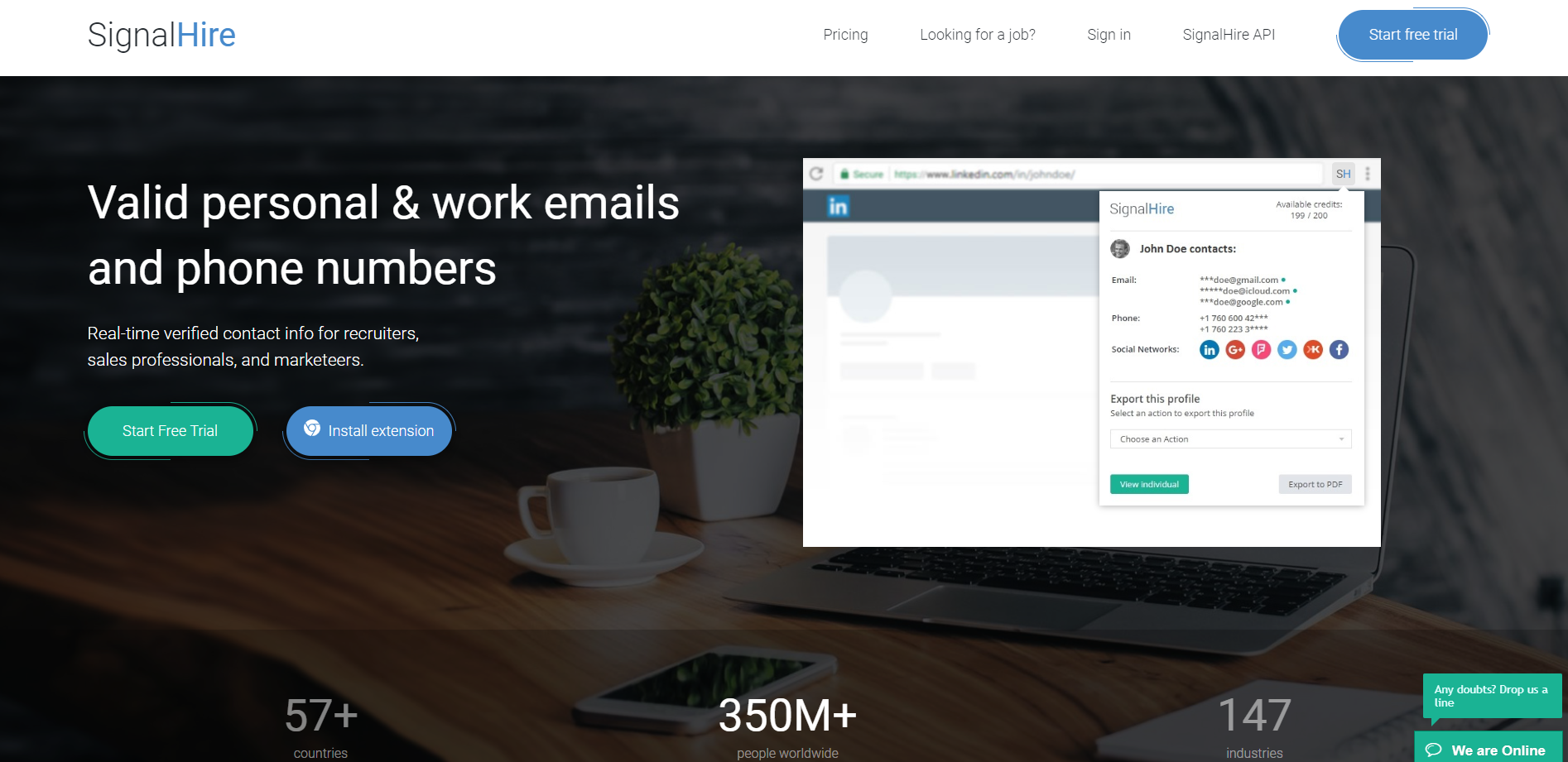

Run all software as a non-privileged user (one without administrative privileges) to diminish the effects of a successful attack. Apply the Principle of Least Privilege to all systems and services.Safeguard 9.1: Ensure Use of Only Fully Supported Browsers and Email Clients: Ensure only fully supported browsers and email clients are allowed to execute in the enterprise, only using the latest version of browsers and email clients provided through the vendor.Safeguard 7.7: Remediate Detected Vulnerabilities: Remediate detected vulnerabilities in software through processes and tooling on a monthly, or more frequent, basis, based on the remediation process.Safeguard 7.4: Perform Automated Application Patch Management: Perform application updates on enterprise assets through automated patch management on a monthly, or more frequent, basis.Review and update documentation annually, or when significant enterprise changes occur that could impact this Safeguard. Safeguard 7.1: Establish and Maintain a Vulnerability Management Process: Establish and maintain a documented vulnerability management process for enterprise assets.Apply appropriate updates provided by Mozilla to vulnerable systems immediately after appropriate testing.We recommend the following actions be taken: Users whose accounts are configured to have fewer user rights on the system could be less impacted than those who operate with administrative user rights. Depending on the privileges associated with the user an attacker could then install programs view, change, or delete data or create new accounts with full user rights. Successful exploitation of the most severe of these vulnerabilities could allow for arbitrary code execution in the context of the logged on user. CVE-2022-40961: Stack-buffer overflow when initializing Graphics.CVE-2022-40960: Data-race when parsing non-UTF-8 URLs in threads.CVE-2022-40959: Bypassing FeaturePolicy restrictions on transient pages.CVE-2022-40958: Bypassing Secure Context restriction for cookies with Host and Secure prefix.

CVE-2022-40957: Incoherent instruction cache when building WASM on ARM64.CVE-2022-40956: Content-Security-Policy base-uri bypass.CVE-2022-3034: An iframe element in an HTML email could trigger a network request.CVE-2022-3033: Leaking of sensitive information when composing a response to an HTML email with a META refresh tag.CVE-2022-3032: Remote content specified in an HTML document that was nested inside an iframe's srcdoc attribute was not blocked.CVE-2022-40962: Memory safety bugs fixed in Firefox 105 and Firefox ESR 102.3ĭetails of lower-severity vulnerabilities are as follows:.Details of these vulnerabilities are as follows: Multiple vulnerabilities have been discovered in Mozilla Firefox and Mozilla Thunderbird, the most severe of which could allow for arbitrary code execution.


 0 kommentar(er)
0 kommentar(er)
